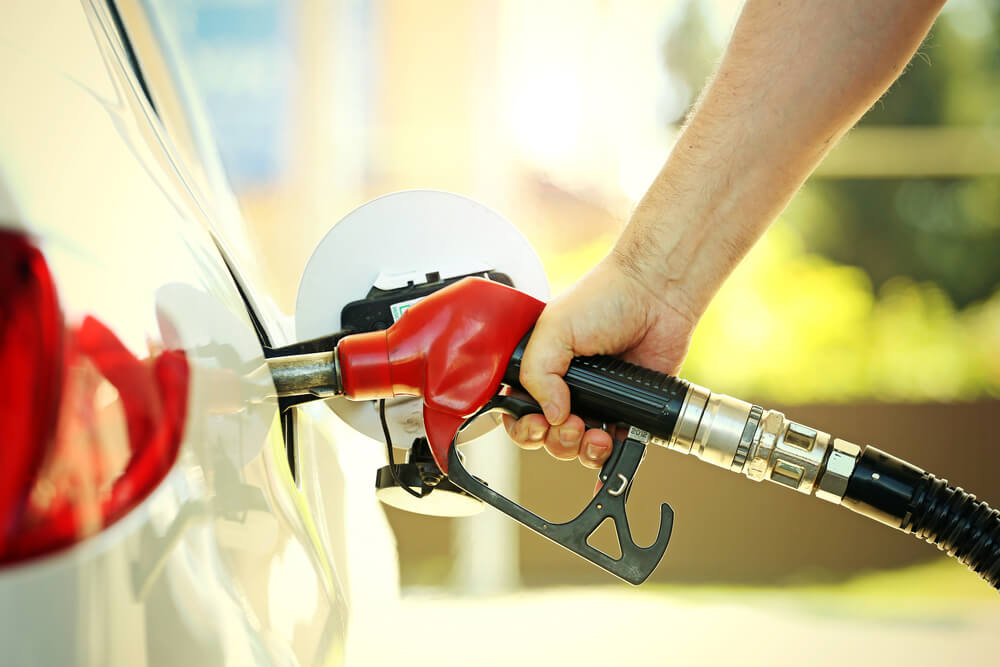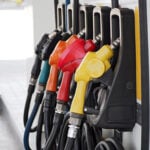Do you know the difference between winter and summer fuels? There’s more to the list than the difference in prices.
Have you ever wondered why fuel prices in the summer are higher than in winter? That’s because different fuel blends are used in these seasons. Knowing the difference between summer gas and winter gas can help you decide the kind of fuel your vehicle needs and save money. We’re breaking down all the differences between summer and winter fuels in this post. Keep reading to know more.
Why Does Summer Fuel Cost More Than Winter Fuel?
There are two significant reasons for the higher fuel cost in summer. Firstly, the ingredients used in winter and summer gases are different, impacting fuel prices. For instance, butane – which is inexpensive – is an essential part of winter gas blends. However, when it comes to summer blends, butane is replaced with an expensive ingredient, rising fuel prices.
Secondly, in the United States, the fuel supply changes twice a year, known as the gasoline transition. Therefore, this disruption can affect the gas supply and plays a significant role in the gas hike in the summer. Also, sometimes external factors like natural disasters and problems in infrastructure and transportation can affect the rates.
What’s the Difference Between Summer and Winter Fuels?
Besides the difference in price and ingredients, the Reid Vapor Pressure or RVP is the main difference between winter and summer fuels. Winter fuels have higher RVP than summer fuels. Let’s explain why gas with higher RVP is used in winter. A gas with a higher RVP evaporates more quickly at a given temperature.
So, the winter gas has higher RVP, which helps in the smooth starting and running of the engine during the colder months. However, fuels with higher RVP can evaporate fast in summer. This means the fuel does not burn completely and negatively affects the environment with harmful emissions.
Why Should You Not Use Winter Fuel in Summer?
When the temperature is high, winter blend fuels don’t burn cleanly, and your vehicle will start emitting gases can that affect the environment and people. So, be responsible and switch the fuel according to the seasons.
Can I Use Summer Gas in Winter?
It’s best to avoid using summer blend gas in winter. That’s because summer gasoline is less volatile and doesn’t evaporate quickly, and these factors can cause trouble starting the engine in colder months.
Can Winter Blend Fuels Affect Your Car’s Mileage?
Winter blend fuels can make your engine run more smoothly in colder months. But at the same time, they contain less energy when compared to summer-blend gas, and this can reduce the mileage.
Are you looking to get your car washed for affordable prices? Way.com is where your search ends. On Way.com, you can find top-rated and value-for-money car washes in your area. The car wash booking process on the Way.com app or website is straightforward: enter your location on the website or app, pick a car wash from the list, and pay to confirm your booking.
Renée Martin is a travel and car expert who focuses on road and air travel in the U.S. For the past 6 years, she’s been helping make driving and trip planning easier and budget-friendly for everyday travelers.


















